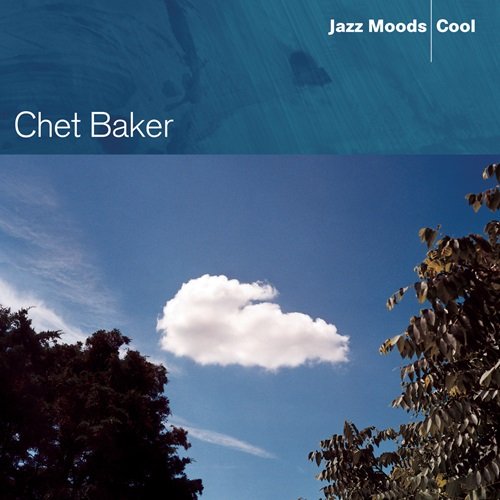Voces Suaves - Come to My Garden - German Early Baroque Lovesongs (2018) [Hi-Res]
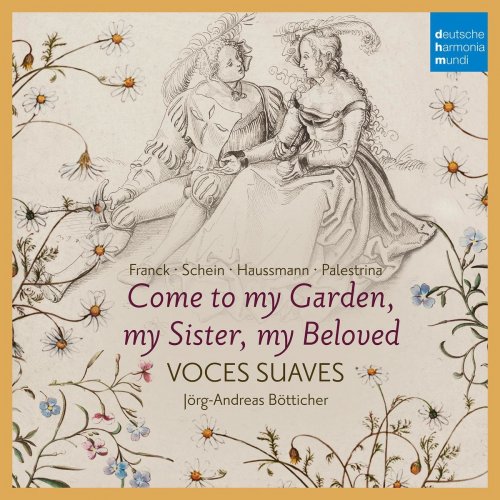
Artist: Voces Suaves
Title: Come to My Garden - German Early Baroque Lovesongs (2018)
Year Of Release: 2018
Label: deutsche harmonia mundi
Genre: Classical
Quality: 24bit-96kHz FLAC (tracks+booklet)
Total Time: 69:48
Total Size: 1.40 GB
WebSite: Album Preview
Tracklist:Title: Come to My Garden - German Early Baroque Lovesongs (2018)
Year Of Release: 2018
Label: deutsche harmonia mundi
Genre: Classical
Quality: 24bit-96kHz FLAC (tracks+booklet)
Total Time: 69:48
Total Size: 1.40 GB
WebSite: Album Preview
01. Toccata per Organo (Improvisation)
02. Das Hohelied Salomos: Steh auf, meine Freundin
03. Das Hohelied Salomos: Siehe meine Freundin
04. Das Hohelied Salomos: Wie schön und lieblich
05. Das Hohelied Salomos: Mein Freund komme in seinen Garten
06. Tota pulchra es
07. O Filli, schön und subtil
08. Amor heut triumphieret
09. O brennende Äugelein
10. O seidene Härelein
11. O Sternenäugelein
12. Passameza
13. In Filli schönen Äugelein
14. Cupido blind, das Venuskind
15. O Amarilli zart
16. Pulchra es amica mea
17. Das Hohelied Salomos: Wo ist denn dein Freund hingegangen
18. Das Hohelied Salomos: Ich sucht des Nachts in meinem Bett
19. Das Hohelied Salomos: Fahet uns die Füchse
20. Canzona per Cembalo (Improvisation)
21. Das Hohelied Salomos: Setze mich wie ein Siegel auf dein Herz
The main composers presented here are Johann Hermann Schein and Melchior Franck, the essential representatives of early German baroque. Schein and Franck were almost exact contemporaries of each other, and developed their respective careers not fifty leagues apart – Coburg for Franck, Leipzig for Schein, who was, remember, a predecessor of Bach's in the role of Cantor of Saint Thomas – but it seems they never met. It must be said that during the 30 Years' War, journeys were not undertaken lightly, and people were much more concerned with not getting gutted, infected with the plague, or killed by starvation than they were with taking day-trips from town to town. It's also startling that so many works have survived to the present day, including in particular the Hohelied Salomos from 1608 – the "Song of Solomon" by Franck, and Schein's collection of Musica boscareggia dating from 1621/28 and the Diletti pastorali of 1628, including several love motets, presented here by Jörg-Andreas Bötticher's instrumental and vocal ensemble Voces suaves. By way of historical reference point, we also here two pieces by Palestrina – after all, the German baroque was greatly influenced by the Italian madrigal – performed in their instrumental version as ornamented by two famous cornettists of the time, Luigi Zenobi and Antonio Bassiano, who have left us many examples of the art of musical variation and ornamentation as they practised it.
Download Link Isra.Cloud>>>
Voces_Suaves_-_Come_to_My_Garden.rar - 1.4 GB
Voces_Suaves_-_Come_to_My_Garden.rar - 1.4 GB
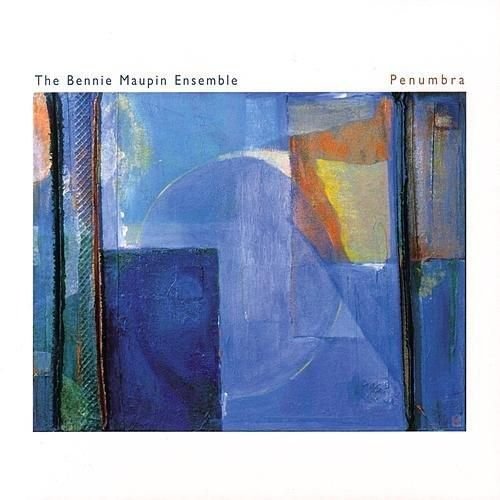

![Tom Cohen - Embraceable Brazil (2025) [Hi-Res] Tom Cohen - Embraceable Brazil (2025) [Hi-Res]](https://img.israbox.com/img/2025-12/18/vgt0kbsml69jbixcu67jkruae.jpg)

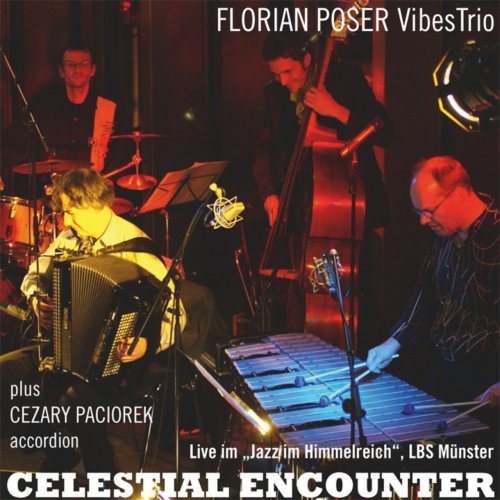
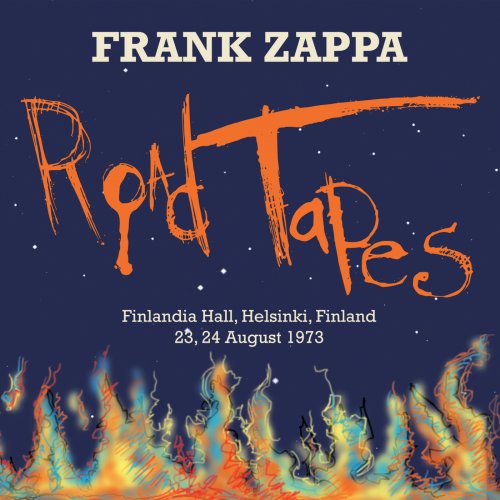
![The Mood Mosaic - The Sexploitation (Pulp Grooves From The Mondo Porno Vault) (2025) [Hi-Res] The Mood Mosaic - The Sexploitation (Pulp Grooves From The Mondo Porno Vault) (2025) [Hi-Res]](https://www.dibpic.com/uploads/posts/2025-12/1766131648_uhod8d4qn4msi_600.jpg)
